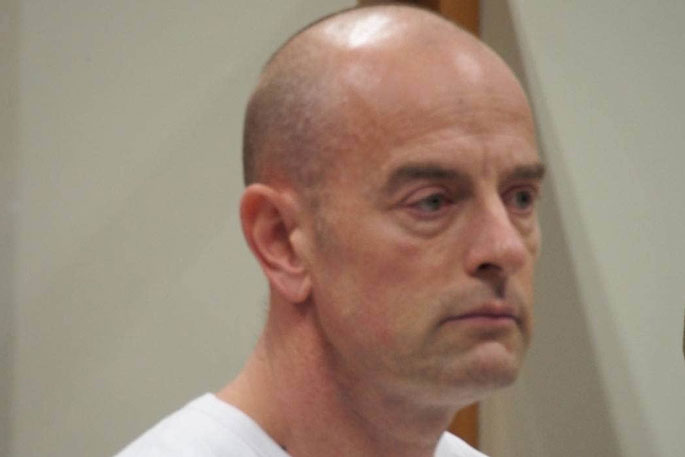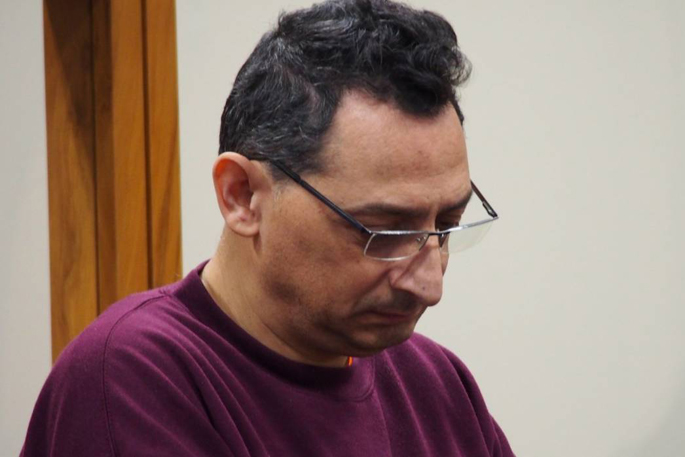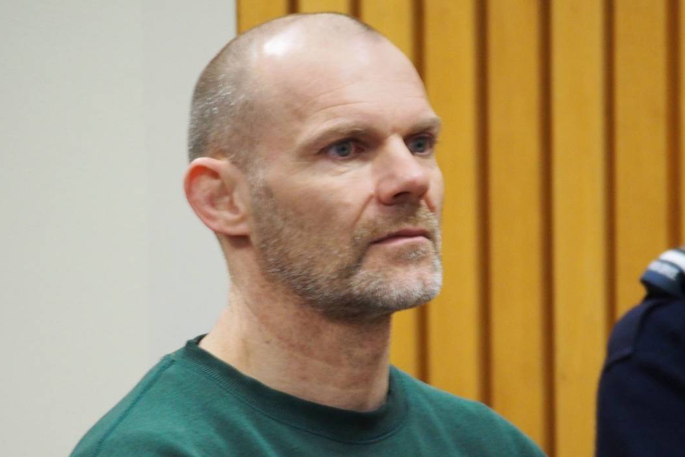Three members of a drug ring that attempted to smuggle $20m worth of cocaine into New Zealand have successfully reduced their sentences by arguing it wasn't as bad as meth.
The men, a Serbian, a Croat and an Australian, were sentenced at Rotorua's High Court in February 2020 for the plot that involved submersible scooters, gym bags stuffed with cash and the use of container ships as unwitting drug mules.
The sentences have been quashed by the Court of Appeal – and now Croatian Mario Habulin would serve 23 years and 4 months in prison instead of 27 years and six months, Serbian Deni Cavallo would serve 17 years and 8 months instead of 23 years, and Australian Matthew John Scott would serve 20 years and 5 months instead of 24 years.
The men were a group of foreign nationals part of an international, organised criminal group that imported cocaine from South America through the Port of Tauranga in three shipments in June, July and October 2017.
Habulin imported a total of 76 kg of cocaine, supplied 25 kg from the first two shipments and transferred $1,498,500 to a money-laundering ring.
 Matthew John Scott has had his 24-year jail term reduced to 20 years and 5 months.
Matthew John Scott has had his 24-year jail term reduced to 20 years and 5 months.
Scott assisted in supplying the first two shipments and transferred $1,192,000 to the money-laundering ring.
Both Scott and Cavallo assisted in importing the third shipment of 46 kg.
They were charged with drug-related and money-laundering offences, and plead guilty at the beginning of trial in the face of what was labelled an 'overwhelming Crown case”.
The men's plot came undone in November 2017 when 46 kilograms of cocaine, with a street value of around $20 million, was seized in a dawn raid in Tauranga.
It was the second-biggest seizure of cocaine in New Zealand history to date.
Their operation involved using Maersk Line ships travelling the South Pacific Express service carrying the drugs in underwater caches that would be stashed and later retrieved by divers at night.
The ships would travel through Mexico, Panama, Colombia, Peru, with the last stop before Tauranga being San Vicente, Chile.
Shortly after each ship left San Vicente, Habulin and Cavallo would travel to New Zealand.
They would pose as theme park owners and theme park engineers when giving their reason for visiting New Zealand to customs.
 Croatian Mario Habulin would now serve 23 years and 4 months in prison instead of 27 years and six months.
Croatian Mario Habulin would now serve 23 years and 4 months in prison instead of 27 years and six months.
Money was being laundered through a Vietnamese money laundering service with Habulin said to be seen taking hundreds of thousands in cash stashed in a gym bag for laundering.
In their appeal, the men argued the sentences were 'manifestly excessive” in light of the lesser harm of cocaine compared to that of methamphetamine.
They also argued the sentencing judge should have granted higher discounts for their personal mitigating circumstances.
Evidence submitted to the Court of Appeal showed cocaine powder was less toxic and harmful than methamphetamine, the judgement said.
Therefore, cocaine offending should generally be sentenced slightly below comparable methamphetamine starting points.
As a result, the Court of Appeal reduced the starting point of the men's sentences to account for this.
As for personal mitigating factors, the court said Scott overcame early life difficulties to become a successful adult, and did not suffer from a systemic inability to tell right from wrong.
It said there was also 'very modest cogency” between the offending and Habulin and Cavallo's backgrounds.
The sentencing judge had already given a sentencing discount for the men's foreign status, and considered the appellants chose to come to New Zealand to offend seriously and profit substantially.
'This mitigates the required response to the hardship they will otherwise face,” it said.
However, it concluded the Judge did err in refusing to give a discount for Scott's rehabilitative prospects, as evidence showed his capacity to make good in adult life after the adversity of his childhood.
As a result, starting points were discounted by 15 per cent for Cavallo and Habulin, and 20 per cent for Scott.
The final sentences are: 17 years and 8 months' imprisonment (Cavallo); 23 years and four months' imprisonment (Habulin); and 20 years and 5 months' imprisonment (Scott).



4 comments
Soft Touch
Posted on 01-07-2022 10:28 | By FRANKS
There are countries overseas that would have executed them. This country has too many discounts. They deserve the full sentence.
Deport them
Posted on 01-07-2022 10:34 | By First Responder
Just send them home. Why should the NZ taxpayers provide for them.
Absolutely Pathetic
Posted on 01-07-2022 11:10 | By Yadick
Although still long sentences they should have never been reduced. The courts of NZ are just weak. I would however expect from this judgment to see a major increase in sentencing for meth charges. Alas though, I shall not hold my breath. These (so-called) men have cost NZ millions of dollars and have deliberately abused our country.
Not much of a message.
Posted on 01-07-2022 12:36 | By morepork
Penalties for ANY kind of drug dealing have to be seen to be robust. The argument that one drug is less dangerous than another is like arguing that a shotgun is less lethal than an assault rifle. People can be destroyed by either. Our Laws are intended to be fair and merciful, but mercy can be perceived as weakness by other potential perpetrators and these sentences do nothing to deter an evil trade.
Leave a Comment
You must be logged in to make a comment.